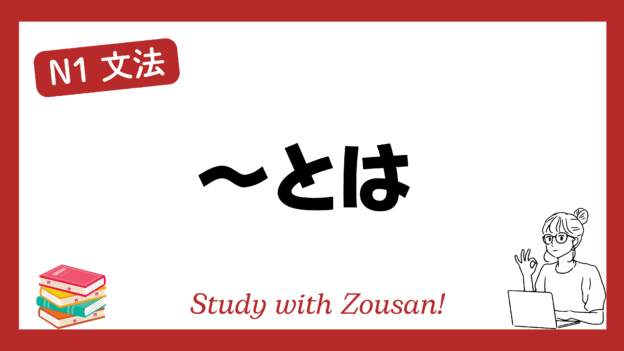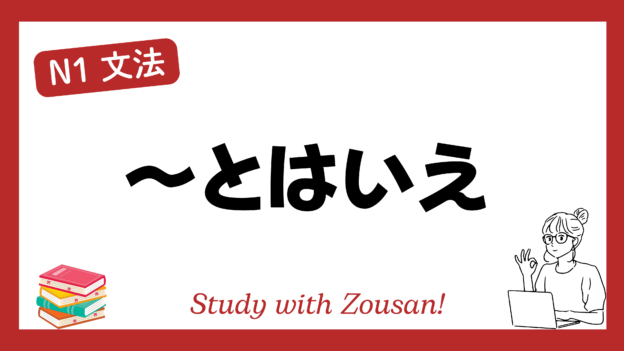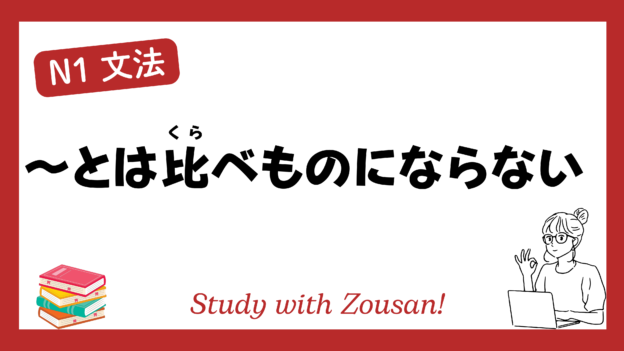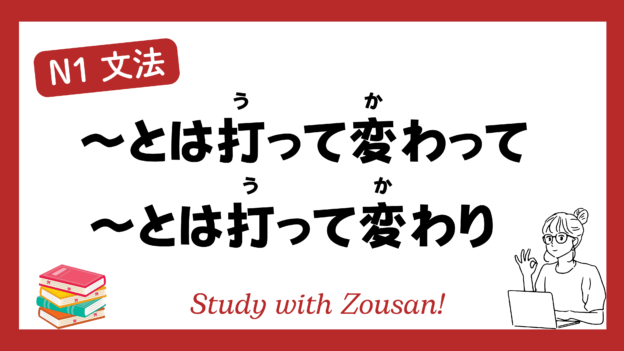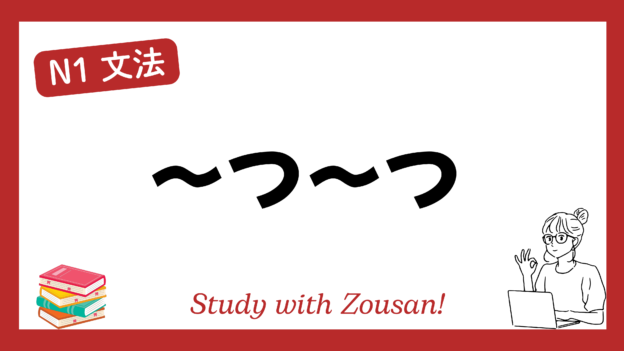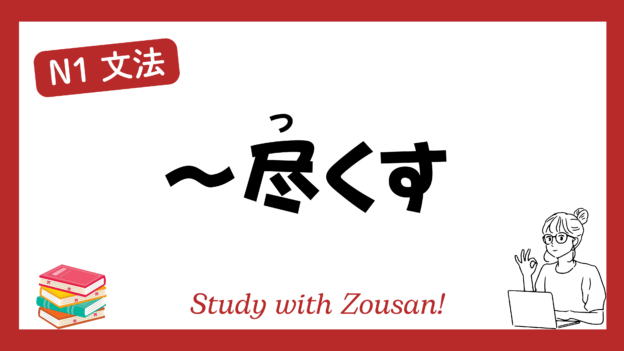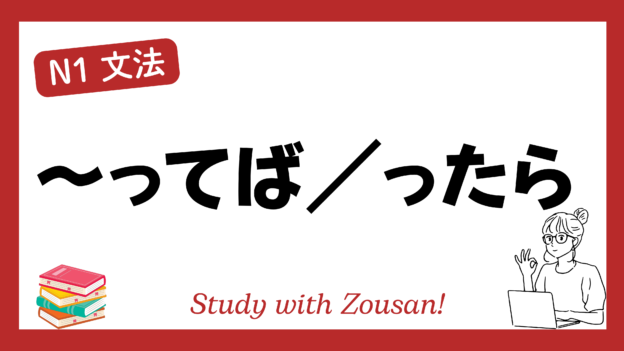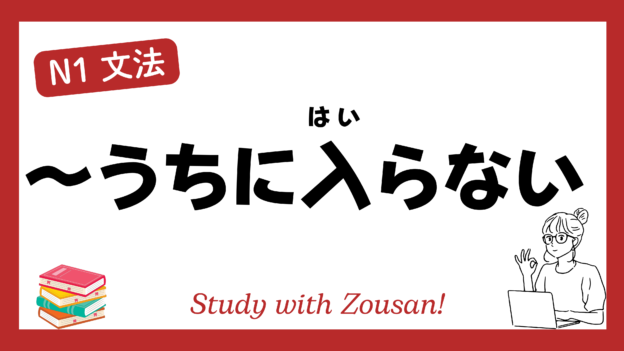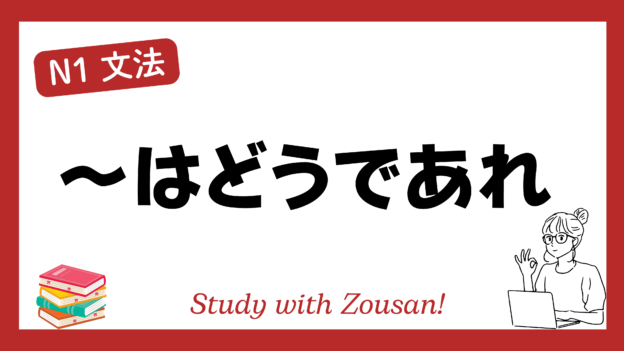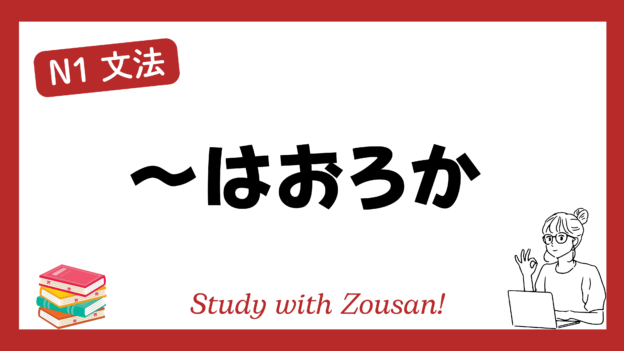Meaning: “The fact that…”, “To think that…”
The structure ~とは is used to express surprise, astonishment, or strong emotions (both positive and negative) about an event or situation. It is often used when the speaker finds something unbelievable or difficult to accept.
※Note: This structure is often accompanied by feelings of surprise or disappointment, emphasizing the unexpectedness of a known fact.
Structure:
| Verb (casual) | + とは |
| Noun +(だ/だった) | |
| な-adjective +(だ/だった) | |
| い-adjective + い |
Example:
-
-
-
🌟 妹の結婚式に出られないとは、残念な限りだ。
(いもうと の けっこんしき に でられない とは、ざんねん な かぎり だ。)
The fact that I can’t attend my sister’s wedding is extremely disappointing. -
🌟 彼が試験に合格したとは、信じられない。
(かれ が しけん に ごうかく した とは、しんじられない。)
The fact that he passed the exam is unbelievable. -
🌟 あの店が閉店するとは、思わなかった。
(あの みせ が へいてん する とは、おもわなかった。)
I never thought that shop would close down. -
🌟 こんなに早く結果が出るとは、驚きだ。
(こんなに はやく けっか が でる とは、おどろき だ。)
The fact that the results came out so quickly is surprising. -
🌟 彼女がその秘密を知っていたとは、驚いた。
(かのじょ が その ひみつ を しっていた とは、おどろいた。)
I was surprised that she knew that secret. -
🌟 こんなに簡単な問題を間違えるとは、彼らしくない。
(こんなに かんたん な もんだい を まちがえる とは、かれらしくない。)
It’s unlike him to make a mistake on such an easy question. -
🌟 彼女が遅刻するとは珍しい。
(かのじょ が ちこく する とは めずらしい。)
It’s unusual for her to be late. -
🌟 彼が嘘をつくとは、思わなかった。
(かれ が うそ を つく とは、おもわなかった。)
I never thought he would lie. -
🌟 彼女があんなことを言うとは、信じられない。
(かのじょ が あんな こと を いう とは、しんじられない。)
It’s unbelievable that she would say something like that. -
🌟 彼がそんな失敗をするとは意外だった。
(かれ が そんな しっぱい を する とは いがい だった。)
I didn’t expect him to make such a mistake.
-
-


